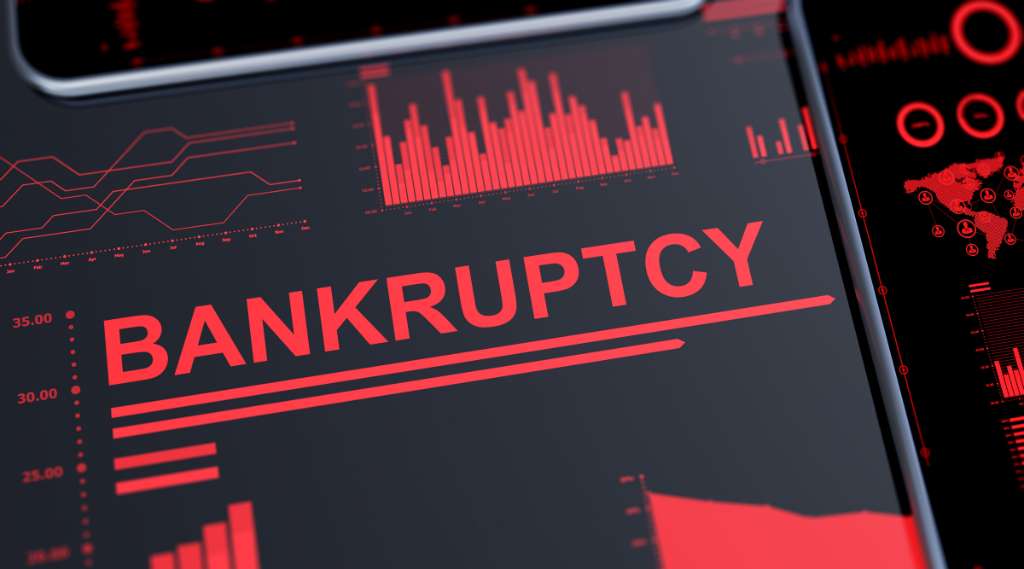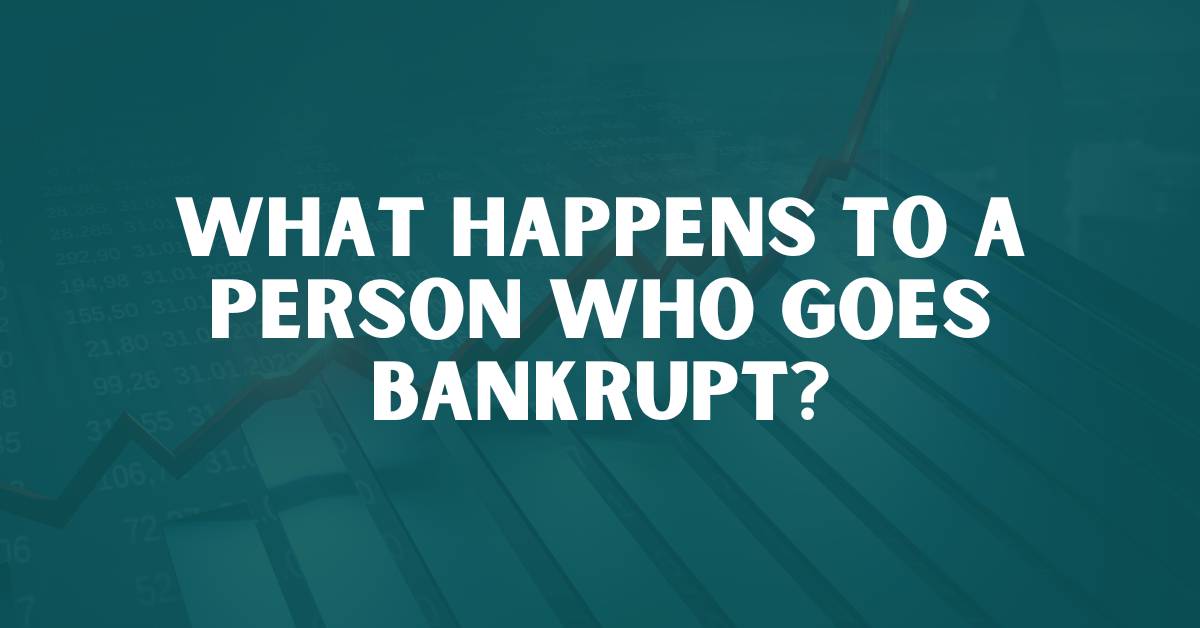Bankruptcy is a big word that has unique meanings in terms of legal and social perspectives. The law describes a situation where someone’s debts are so high they cannot be paid back, resulting in declaring bankruptcy. Concerning society, it is used as an adjective to describe a person that goes bankrupt financially. The result would be their inability to pay their debts like paying rent or mortgages on time or even car payments.
Additionally, they would not be able to borrow money from banks either, which means no more credit cards and loans. They could also lose their property due to unpaid mortgage installments or lost cars, for example. It’s safe to say that society doesn’t see someone who goes bankrupt as a good person. People regard them as careless and irresponsible when managing their money. However, knowing what will happen if you go bankrupt is still important because the consequences can be dangerous for your financial future. If you need help paying your bills, you should seek assistance immediately; otherwise, this article will tell you what happens when you go bankrupt.

How it Works
If someone declares bankruptcy, then the court will put the person into a debt cancellation program. When that person finishes this program, they are no longer legally obligated to pay back any of their debts. They have also been released from all their creditors, and any lawsuits or further payments/debts owed.
During this program, the person will acquire a “discharge.” It means they can access different things, such as borrowing money, walking into a car dealership, and purchasing a car with no interest or payments until after the period has ended. They could also use the money, for example, to pay for medical bills that are not even covered by insurance.
The type of bankruptcy used
There are two types of bankruptcy; the more common one is Chapter 7, where arrangements are made with creditors, and the debt is canceled. The other less common, but still common, is Chapter 13, which involves the person setting up a payment plan over a longer period of time with their creditors. Regardless of which type of bankruptcy they choose, they aren’t recommended to leave their debts behind because they will have to re-live all the financial troubles once they are discharged.
Who can be made bankrupt
Anyone who has much debt can go bankrupt. It doesn’t apply to poor people either; it can also happen to wealthy people.
The difference between bankruptcy and going into debt
People tend to think that debt is the same as bankruptcy, but that’s not true. A person could owe much money but still be capable of paying back their debts because the interest rates are low enough for them to do so, or they don’t make much money, so they don’t have a choice.
When your bankruptcy will end
The process is relatively simple when a person declares bankruptcy and can end. It is important to note that this does not mean that all their debts will be canceled as soon as they are discharged.
What happens after bankruptcy
Even though the court cancels your debts, it doesn’t mean you will be 100% debt free. Each creditor has a different system of payment and interest rate; therefore, you must make sure that you follow their procedures to ensure the debt is paid off earlier than expected. Congruently, it is also important for you not to fall into another type of debt because, if so, your debts could eventually come back in full force after many years.

The Process
Filing for bankruptcy Chapter 7 is the most common reason people declare bankruptcy. This type of bankruptcy is usually done by people who have no assets that they can use to pay off their debts. The process works like this; you must gather all your financial information from your lender and present it to the court along with a complete list of your debts. The court then subtracts all your assets from your debts to ensure that you don’t have any money left to pay off what’s owed. Once this is done, the court will go through with the bankruptcy discharge and decide whether or not to give you a discharge or deny it.
Your responsibilities when a bankruptcy order is made
The person who declared bankruptcy must file their financial information with the court. They must have their non-exempt assets like homes, cars, and boats put up for collateral. They must also go to credit counseling before the court can discharge any debts. They must also make arrangements with creditors to ensure they make payments on time.
How your creditors are paid
Your creditors will be paid out of a court-approved distribution. Of course, they will want to get as much money back as possible, but that is not the only thing they are concerned about. They want to make sure that you aren’t going to do this again in the future
No further legal responsibilities remain on the government or any creditors when your bankruptcy ends. This means that your credit report will not be affected, and you can get a loan from other financial institutions; however, you must pay higher interest rates and have collateral if needed.
Avoiding bankruptcy
You don’t want to declare bankruptcy because it will stay on your credit report even after it is discharged; however, it’s best not to go into debt. You need to find a way to give yourself an extra income because if you don’t, you might have no choice other than filing for bankruptcy later on down the line.
